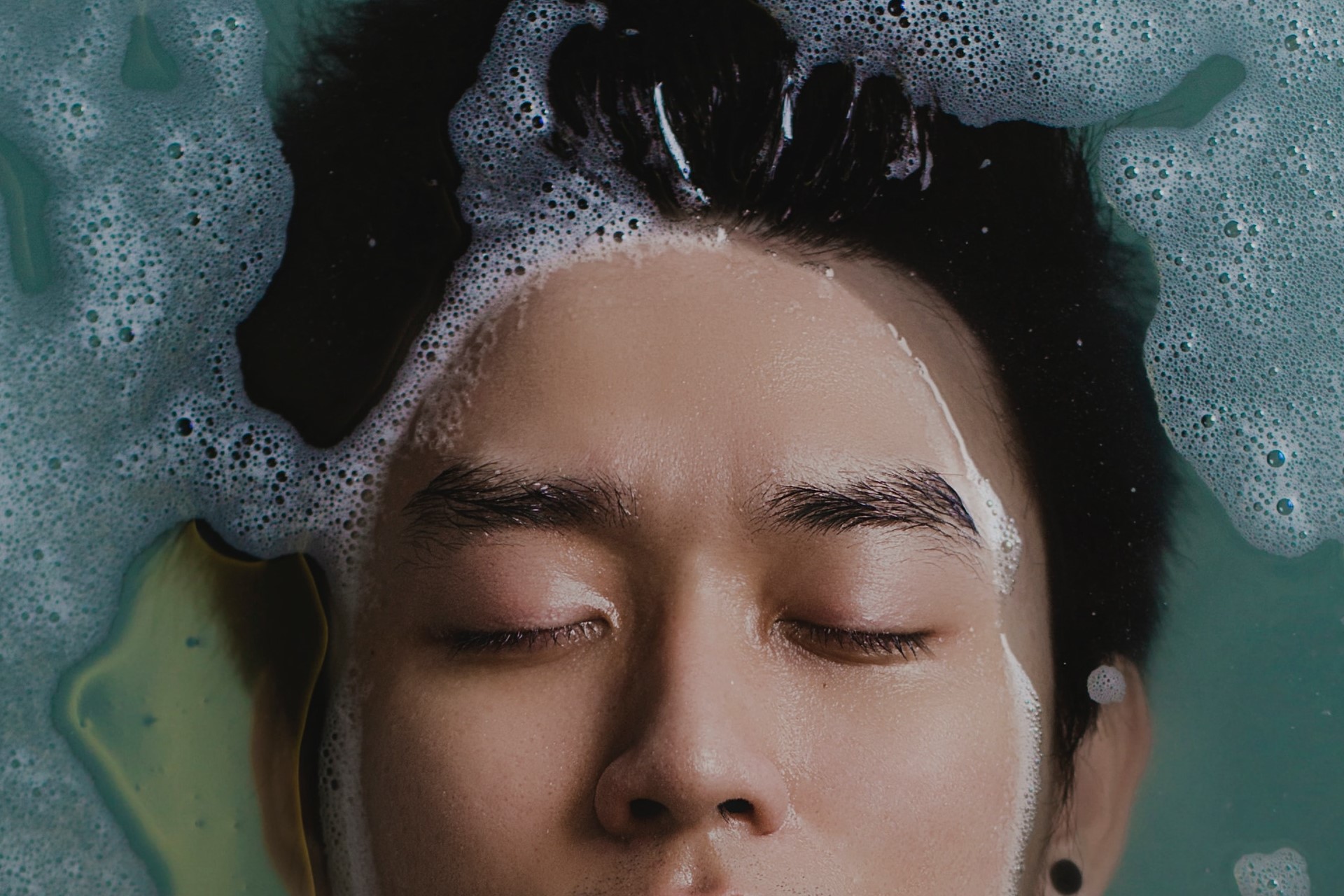
Body + Mind is reader-supported. We may earn an affiliate commission when you buy through some of the links on our site.
Cold water therapy or cryotherapy exposes the body to cold for health benefits. Cold water therapy benefits are trendy for quick recovery, especially among athletes. It’s not just for sports—people believe it boosts circulation, strengthens the immune system and boosts energy.
Historically, cold water therapy was used for medicinal purposes. The Greeks, Romans and other cultures believed in the therapeutic effects of cold water, influencing practices like hydrotherapy.
In modern times, cryotherapy has evolved, with methods ranging from ice baths to cryo chambers aiming to harness the potential health advantages of cold exposure. Social media and influencers sharing experiences with cold exposure, like ice baths or cryotherapy, contribute to its popularity.
Scientific studies supporting claims of reduced inflammation and potential mental health benefits have further fueled interest, making cryotherapy increasingly popular for health and recovery.
Cold water exposure brings physical benefits like:
When you immerse yourself in cold water, your blood vessels narrow and widen. This process, known as cold-induced vasodilatation, enhances blood flow to your limbs.
This increased circulation brings more oxygen and nutrients and helps remove waste products from your tissues. Overall, it supports better temperature regulation and cellular health.
Remember that individual responses may vary and the benefits depend on factors like the duration and temperature of your cold water exposure.
After exercising, cold water therapy can ease muscle inflammation and soreness. Exposing your body to cold water initially limits blood flow to your muscles, reducing swelling. Including water therapy like ice baths or cold showers in your post-exercise routine may help you recover more quickly and comfortably.
As your body adjusts, blood flow increases again, bringing benefits like:
Cold water exposure can activate the body’s immune response, strengthening the immune system. When you expose yourself to cold water, the body perceives this as a stressor.
In response to the stress, there is an activation of specific physiological processes that can have positive effects on the immune system. Exposure to cold water may increase the production of white blood cells, including immune cells like lymphocytes and neutrophils. These cells play a crucial role in defending the body against infections.
Cold exposure has been linked to improved activity and function of immune cells. This heightened activity can enhance your body’s ability to recognize and eliminate pathogens.
Cold water exposure prompts the release of specific signaling molecules called cytokines. These molecules help regulate immune responses and promote communication among immune cells.
The body’s response to cold is a form of stress adaptation. Regular exposure to manageable cold stressors may contribute to a more robust and resilient immune system.
Cryotherapy benefits also include mental and psychological benefits such as:
Cryotherapy positively impacts the release of endorphins, contributing to stress reduction. When you expose yourself to cold water, the body reacts by activating its stress response, which triggers the release of endorphins.
The key ways in which cold water therapy influences endorphin release and stress reduction include:
Exposure to cold water can help build mental resilience and improve stress handling. When you do this, your body triggers a stress response, regulating stress hormones and releasing neurotransmitters.
This process encourages controlled breathing, mindfulness and adaptation to discomfort, fostering a mindset that is better equipped to cope with stress over time. Start gradually and consider personal comfort, especially if you have health concerns.
Building mental resilience is a gradual process and embracing controlled discomfort can be beneficial for stress management.
Exposing yourself to cold temperatures, like with cold showers, can activate brown adipose tissue (BAT). BAT burns calories to produce heat, boosting your metabolism.
This process helps in using stored fat energy, potentially supporting weight loss. While cold exposure can benefit, it’s not a standalone solution.
Combine it with a balanced diet and exercise for overall health. If you have health concerns, it’s wise to check with a health care professional before trying cold therapies for weight management.
If you’re considering cryotherapy, it’s essential to prioritize safety. Remember, individual responses to cold water therapy vary. Here are some guidelines:
Cold water therapy benefits include various benefits for both your body and mind. As with any wellness practice, consulting with a health care professional is advisable to ensure a safe and personalized approach to harnessing the positive effects of the cold water therapy benefits for your overall well-being.
Your email address will only be used to send you our newsletter, and at any time you may unsubscribe. For more information, see our Privacy Policy.